In Nigeria, a country endowed with vast arable land and a vibrant, resilient population, the specter of food insecurity looms larger than ever. Picture a farmer tending to ancestral fields, not laid low by drought or pests, but by the chilling fear of abduction or violence. This is no isolated anecdote. It’s a daily reality in the regions that once nourished the nation.
Food security, by definition, ensures that all people, at all times, have physical, social, and economic access to sufficient, safe, and nutritious food to lead healthy and active lives. In contrast, Nigeria’s insecurity, particularly in the North and Middle Belt, manifests through relentless banditry, insurgency, and farmer-herder clashes that sow terror and disrupt agricultural production.
The impact is stark. According to the FAO, Nigeria’s food production has declined by 15% due to insecurity. While agricultural growth hovered at 3.5% from 2011–2020, population growth outpaced it at 2.6%, leading to a net deficit in food availability. Northeast and Northwest Nigeria are now hunger hotspots. In 2024 alone, floods and conflict damaged 4.5 million hectares of land, including 1.6 million hectares of farmland. The result? Over 31.7 million Nigerians are acutely food-insecure, a 27% increase from 2023, largely due to reduced production and disrupted supply chains.
In this article, we explore how insecurity fuels a systemic crisis, undermining production, splintering supply chains, inflating prices, and deepening poverty, while proposing actionable pathways to sow hope where fear now reigns.
Nigeria’s Agricultural Heartland Under Siege
Northern Nigeria and the Middle Belt have long served as the country’s agricultural powerhouse, producing staples like maize, millet, cassava, yams, and rice, as well as livestock and cash crops. These regions not only feed the nation but support millions of livelihoods. Yet today, this food basket is under siege:
-
Northeast: Insurgency from Boko Haram and ISWAP has displaced millions and rendered farmlands inaccessible.
-
Northwest/North Central: Banditry and mass abductions terrorize states like Niger, Kaduna, Zamfara, and Katsina.
-
Middle Belt: Prolonged farmer-herder conflicts, often ignited by land and resource disputes, now erupt into violent communal clashes.
Additional issues like illegal land grabbing, extortion, and weak rural governance further entrench fear and erode trust, forcing farmers off their land.
The Harvest of Fear: Direct Impacts on Production
The consequences of violence on Nigeria’s food system are immediate and devastating:
-
Mass Displacement: Farmers fleeing attacks seek refuge in IDP camps or cities, abandoning generations of local agricultural knowledge.
-
Abandoned Farmland: Arable land lies fallow, production plummets, and hunger spreads.
-
Disrupted Planting Cycles: Insecurity prevents timely planting and harvesting, damaging soil fertility and yields.
-
Asset Losses: Bandits steal livestock, seeds, fertilizers, and destroy equipment and infrastructure like silos and irrigation channels.
-
Labor Shortages: Insecurity discourages farm laborers, leading to youth migration and increased labor costs.
Cracks in the System: Indirect Impacts on Food Access
The ripple effects of insecurity extend beyond the farm, weakening the entire food system:
-
Broken Supply Chains: Attacks on roads and extortion at checkpoints limit transport, reducing food availability and raising costs.
-
Skyrocketing Prices: Scarcity and supply chain shocks drive inflation, especially in nutritious staples.
-
Post-Harvest Losses: Without secure storage or efficient logistics, perishable goods spoil, exacerbating waste and scarcity.
-
Declining Investment: Fear deters private investment in agribusiness, while banks hesitate to fund rural agriculture.
-
Poverty and Malnutrition: With farming disrupted, income vanishes. Food becomes unaffordable, especially for children in IDP camps, where malnutrition is alarmingly high.
A Vicious Cycle: When Hunger Fuels Violence
Insecurity doesn’t just result from poverty, it also perpetuates it. The cycle is self-reinforcing:
-
Youth Recruitment into Violence: Desperation pushes unemployed youth toward extremist or criminal groups who offer basic sustenance.
-
Erosion of Social Trust: Displacement and violence fracture communities, destroying the social fabric necessary for cooperative farming or collective security.
-
Weakened State Response: As insecurity escalates, security resources are stretched thin, leaving farming communities exposed and unprotected.
Replanting Seeds of Hope: Pathways to Recovery
To reverse this spiral, Nigeria must adopt a holistic and sustained strategy:
-
Enhanced Rural Security: Deploy better-trained, locally rooted security forces with intelligence support and community participation. Explore hybrid state policing models that balance local control with federal oversight.
-
Farmer Support & Economic Relief: Provide displaced farmers with emergency inputs, training, and alternative livelihoods. Expand access to credit and mechanization for smallholders.
-
Resilient Supply Chains: Invest in rural roads, storage hubs, and cold chain systems. Strengthen digital platforms that connect farmers directly to markets.
-
Conflict Resolution & Peacebuilding: Foster dialogue between herders and farmers, mediate disputes over land, and promote inclusive resource management.
-
Climate-Smart Agriculture: Expand irrigation, promote drought-resistant crops, and scale sustainable practices to mitigate environmental drivers of conflict.
-
Governance & Policy Alignment: Coordinate agricultural, security, and humanitarian policies. Implement region-specific food security strategies that prioritize at-risk zones.
Conclusion: From Fear to Food Sovereignty
Nigeria cannot feed itself if it cannot protect its farmers. The seeds of fear currently sown through insecurity are reaping a bitter harvest, one of hunger, displacement, and despair. But this trajectory can be reversed. With political will, community participation, and coordinated multi-sectoral action, Nigeria can transition from a harvest of fear to one of hope and resilience. It’s time to stand with our farmers, invest in peace, and prioritize food sovereignty, not just as a development goal, but as a national imperative. Only by confronting insecurity head-on can we secure our land, our people, and our future.

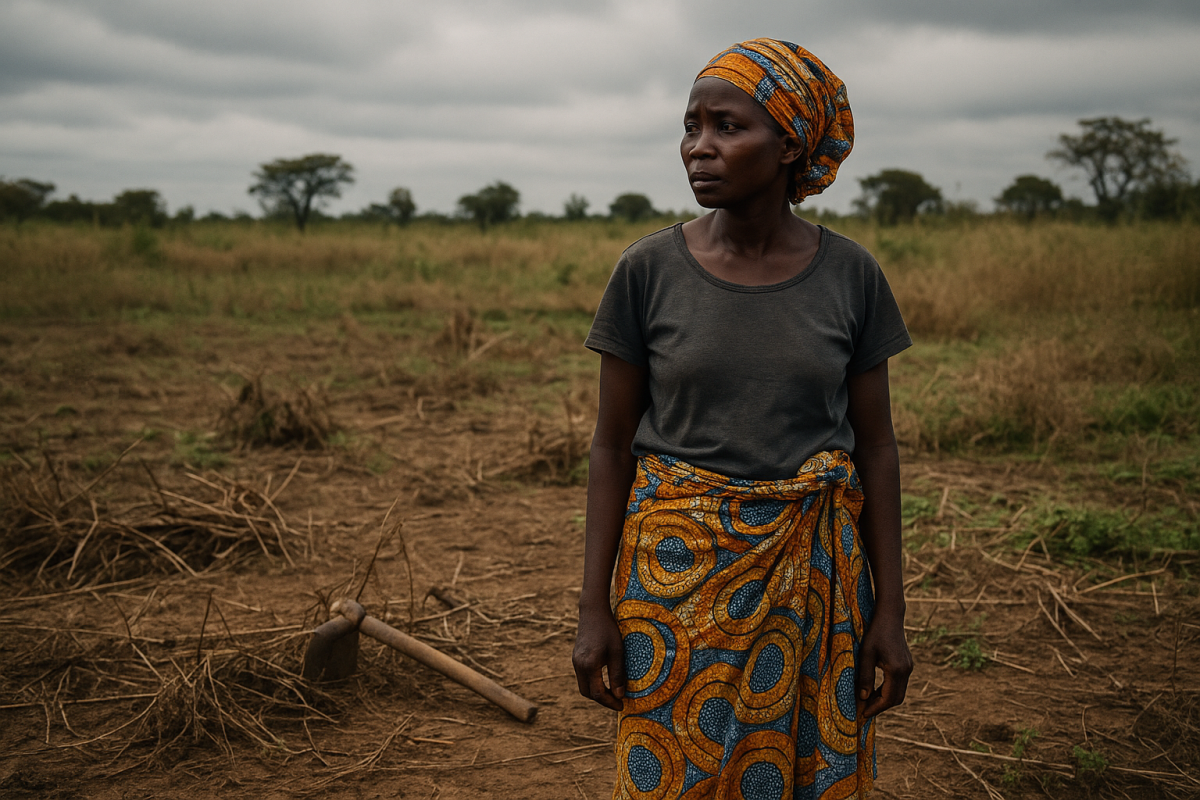
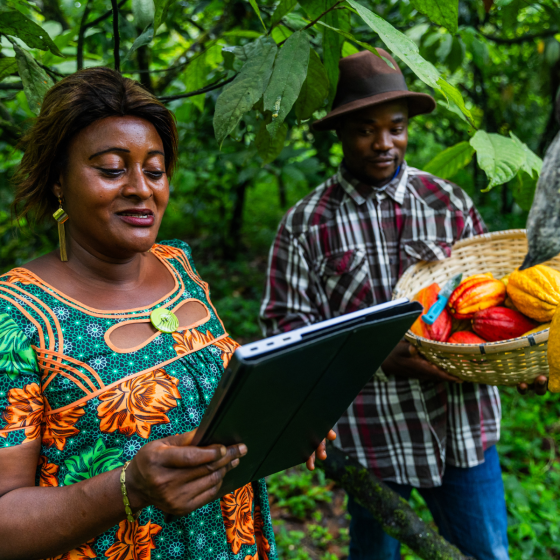
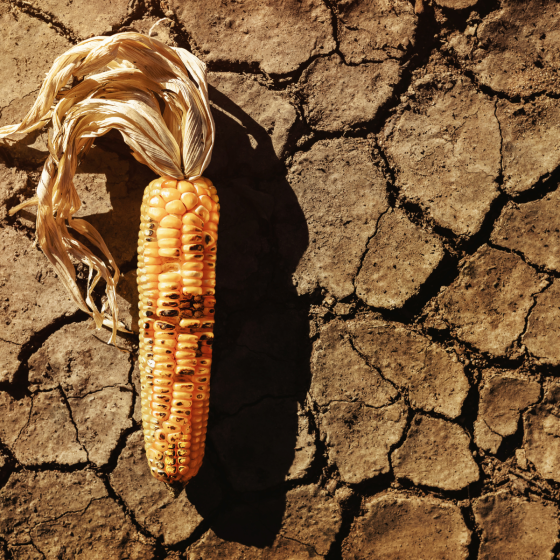
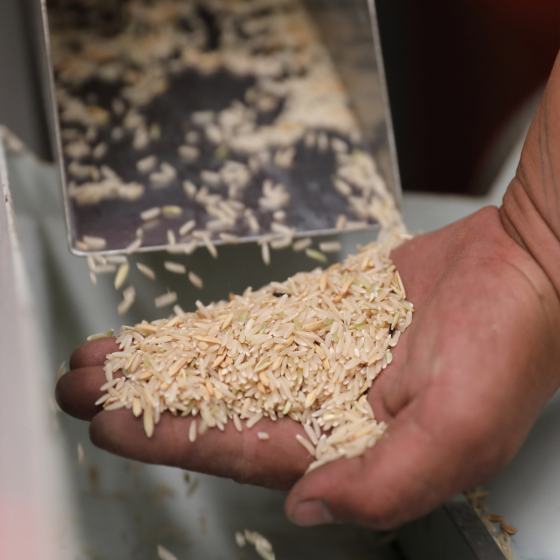
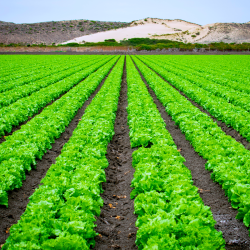

One comment
Your views on how insecurity is fueling food crisis is apt. It is common knowledge that the major causes threating our national food security are but not limited to struggle for resource control between farmers and pastoralist. While farmers need arable land to cultivate crops, herders also needs grazing lands for their cattles; with the desertification of most grazing land in the fringes of the upper north, herders has to move further down to access pasture for thier herds, the struggle for resource control intensifies. To curb the struggle for resource control between farmers and herders, government must invest more on ranches or cattle colony which has become a global best practices amongst countries like Brazil, the US, Australia et al that are consider the highest beef exporter in the world. By investing on ranches, government must take a bold step to discourage open grazing amongst herders inorder to guarantee national food security. Secondly, government must empower, build and invest on our agricultural incubation by investing in rural infrastructure, provide easy access to credit, invest in seedlings development, support modern farming techniques. By improving roads, storage, and irrigation, farmers can reduce post-harvest losses and reach markets faster.
Last but not the least, government should also localised its security architecture by encouraging local participation of locals in securing life and properties within their domain in order to enhanced food security. With local participation in security, the bureaucratic bottleneck that hinders swift action when the needs arise amongst farmers and herders conflict will be eliminated for a swift intervention and resolution.